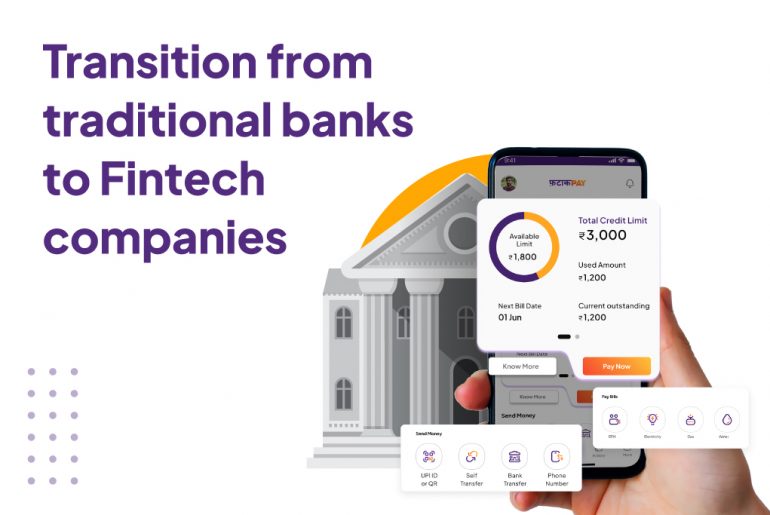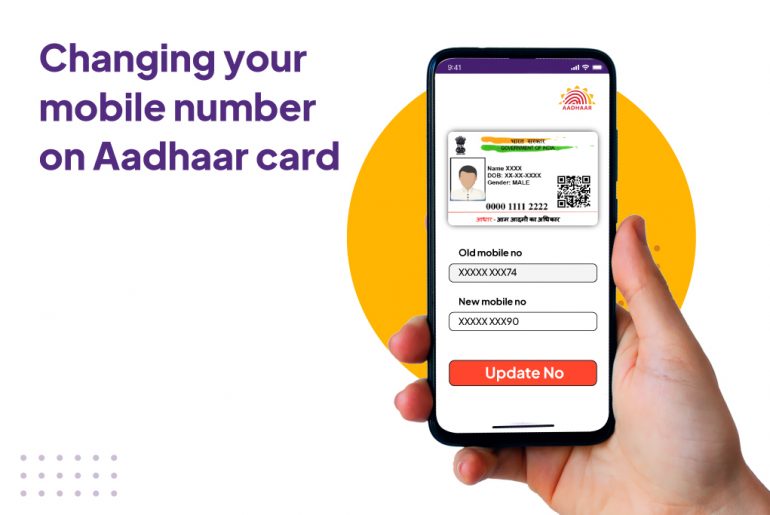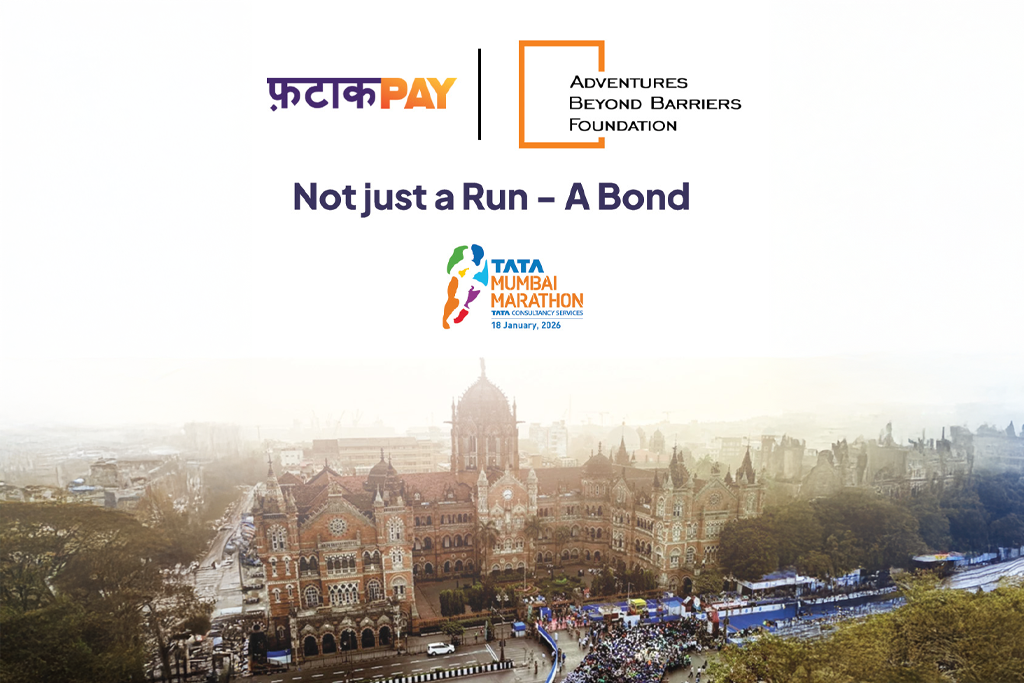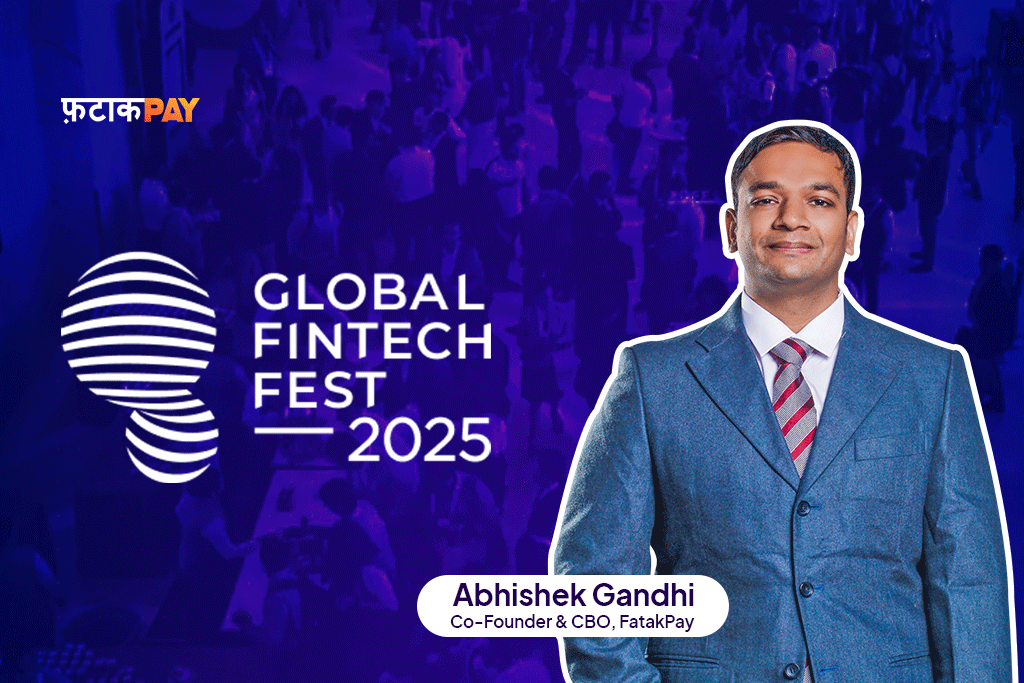Financial products and services must be made available to all the citizens of the country. With the progression of technology, we have seen a larger percentage of the population adopt financial services like payments, transactions, credit, savings, and insurance. According to the statistics put out by the World Bank Group, 1.2 billion adults have been able to gain access to financial products and services across the globe. India itself has shown some very promising statistics. The fintech adoption rate in our country has been 87%. This number is significantly higher than the global average adoption rate of 64%. In the antecedent last two years, India has witnessed a record of fintech investment inflow into the country. A record 3.5 billion dollars in 2019 and 2.7 billion dollars in 2020. The advent of better technology has made it possible to gain access to these products and services, delivered by the fintech companies sustainably and responsibly by the lowest income group. This has resulted in rapid and wider access to financial inclusion in our country.
This rapid growth of financial inclusion has been made possible by the new-age fintech companies that have found their way into the primary sector of the economy. They have made wide-scale progress in banking and finance and look to disrupt the traditional system of how these products and services were accessible to customers. Over the last few years, the term fintech has been significantly embedded into the financial products and services ecosystem of this country. It has helped democratize access to finance and financial products and services and has helped the world move a step closer to achieving a higher rate of financial inclusion.
The generally accepted perception and the definition of a fintech is that it provides its products and services and employs cutting-edge online technologies in the space of banking and finance. But the current and much broader objective of a fintech company is to cater to the financial needs of those unprivileged sections of society that do not have access to these banking and finance products and services. These have not been the primary segments of a target for the traditional financial service industry. Efforts made by these companies have started to manifest in the right direction. These companies have successfully been able to:
- Build an innovative solution for financial inclusion using low-cost technology. This makes access to financial services and products easier for the low-income group.
- The fintech companies have been successful in launching a plethora of new digital products. They have also been able to cater to the most remote areas of the country through the concept of digital-only banks. This makes it easier for the customer to gain access to the services of banking and finance without having to go physically to a bank branch.
- Through mobile banking applications, these companies have made it easier and extremely cost-effective to process payments and have disrupted the traditional system of writing cheques or paying cash.
The steps taken by these companies to provide financial access, help facilitate the everyday life of individuals, and assist them in planning their long and short-term goals. Through the constant innovation of technology, the fintech start-ups also help in providing a structured way for families to plan for their business and career goals. With further progression towards awareness of this technology, we at FatakPay believe that financial inclusion has a multiplier effect. It is immensely helpful in contributing to the economic development and the stability of a country. Our contribution to financial inclusion by providing instant access to credit to any individual in need has gained enormous traction. Without a doubt, fintech is shaping the future of our country and the world together by providing the next generation of financial technologies and solutions. These solutions provided by the fintech ecosystem act as a catalyst to the financial inclusion of a society and can enhance its progression towards a better standard of living.
Take the Next Step Toward Financial Empowerment
Fintech is changing how India saves, borrows, and grows and FatakPay is proud to be a part of that movement. By giving instant access to credit, we’re helping every individual take charge of their financial journey.
Download the FatakPay App today and experience finance that’s fast, fair, and for everyone.





